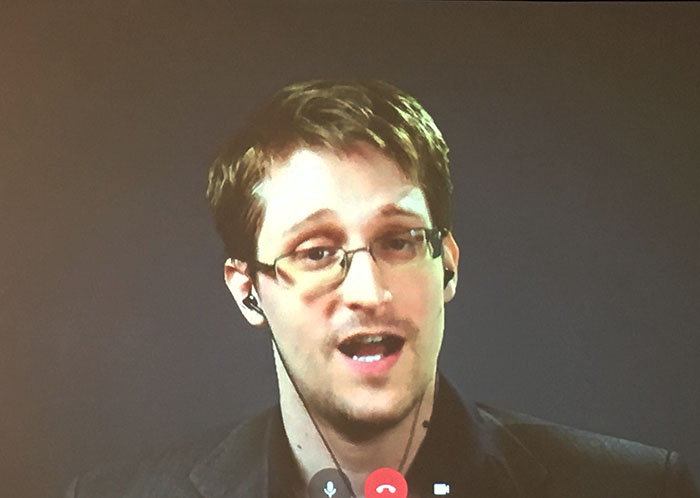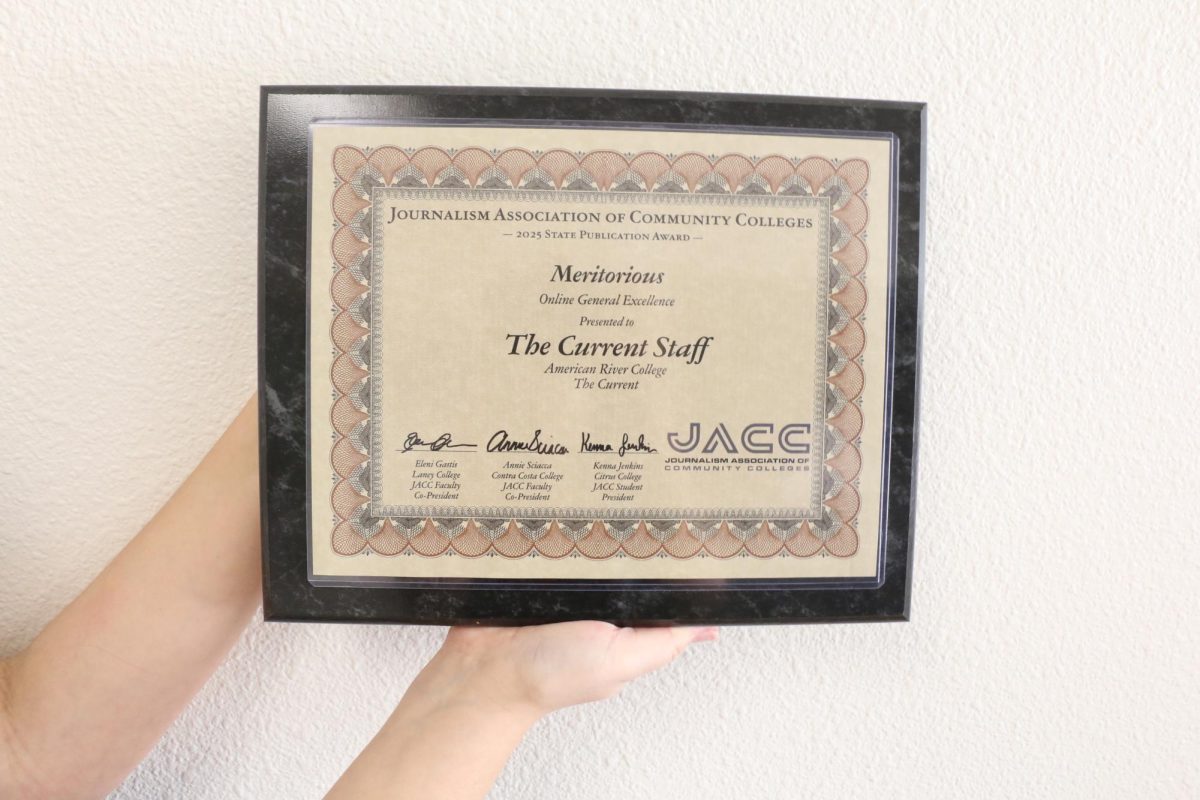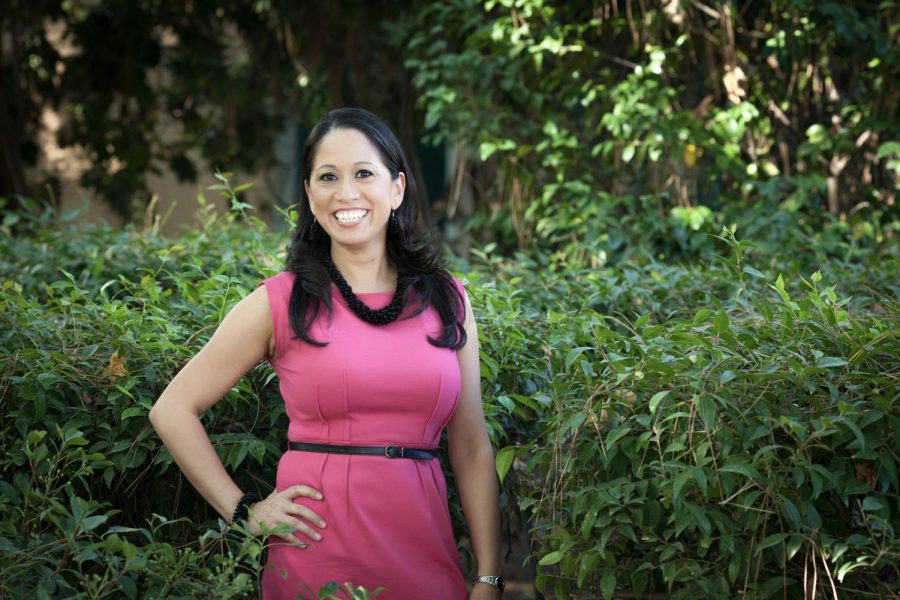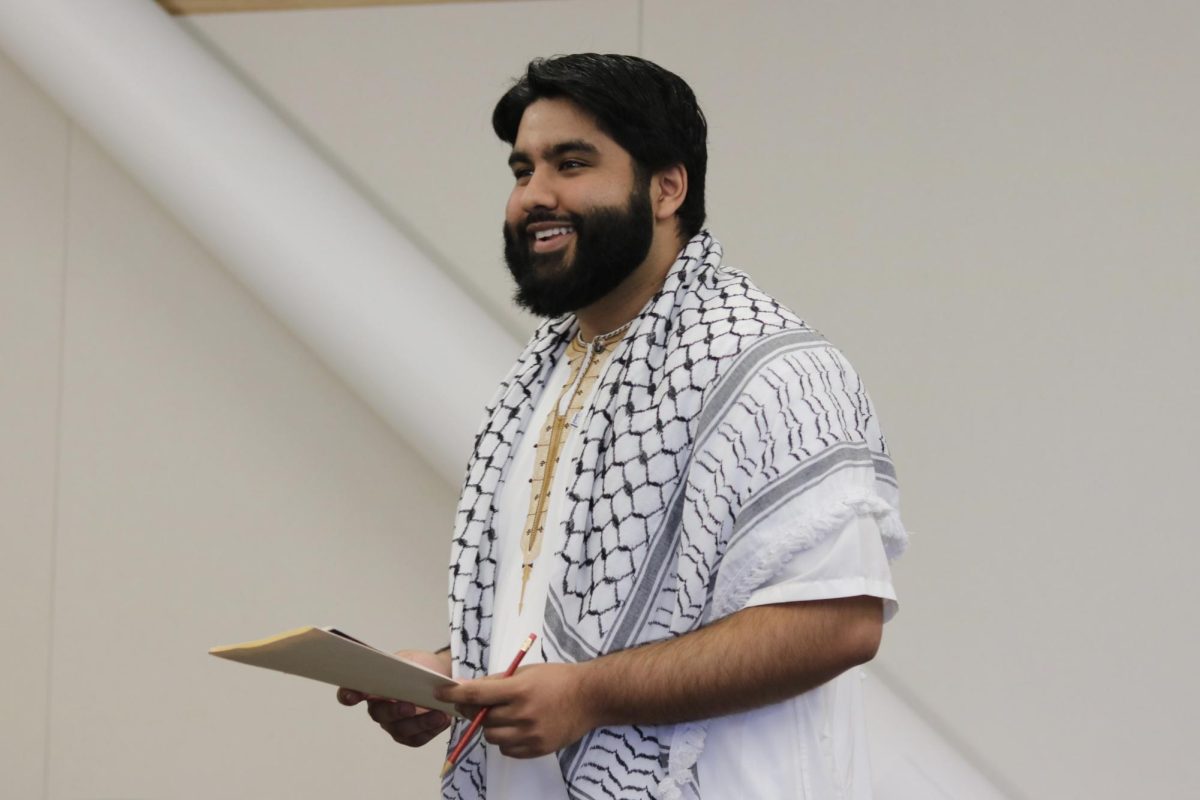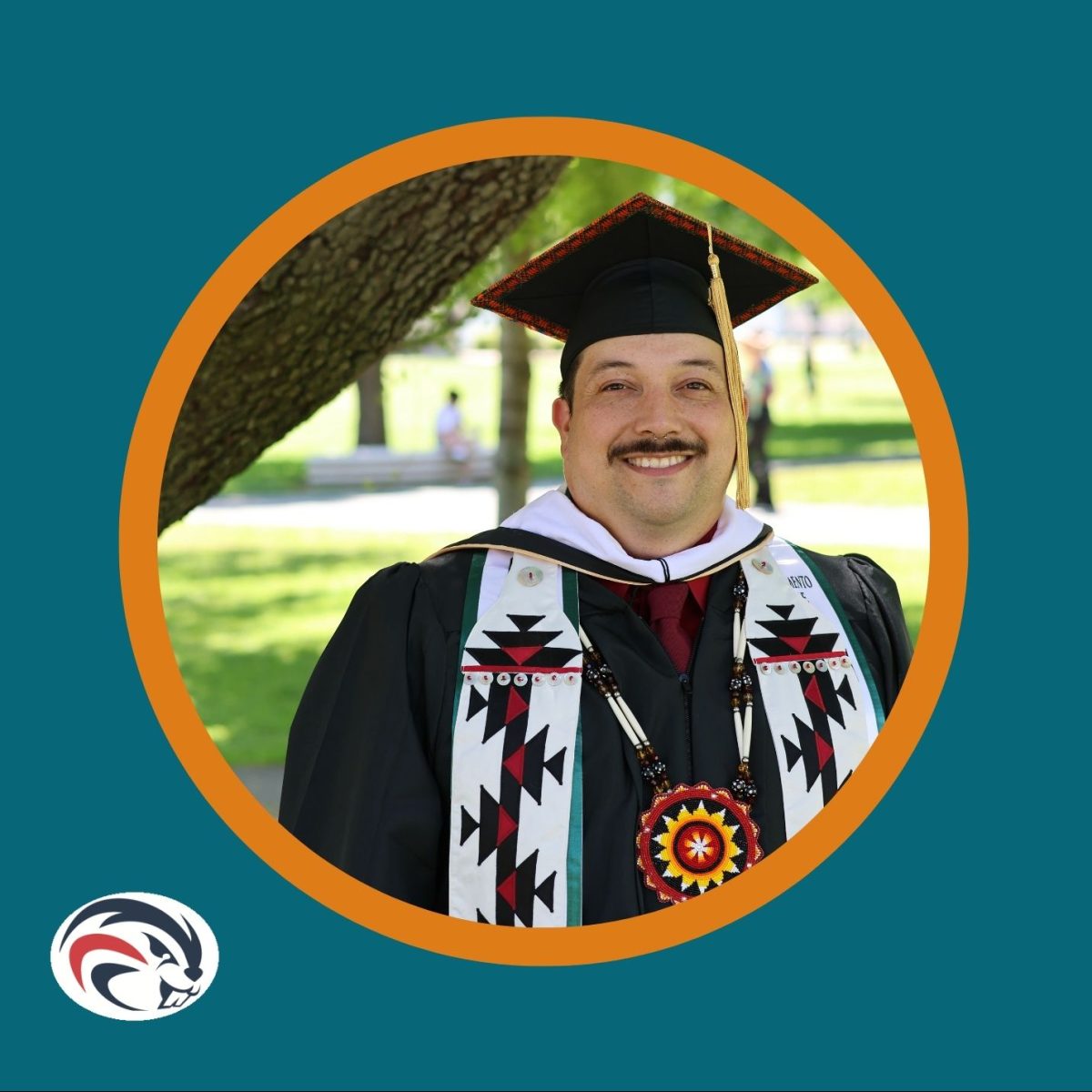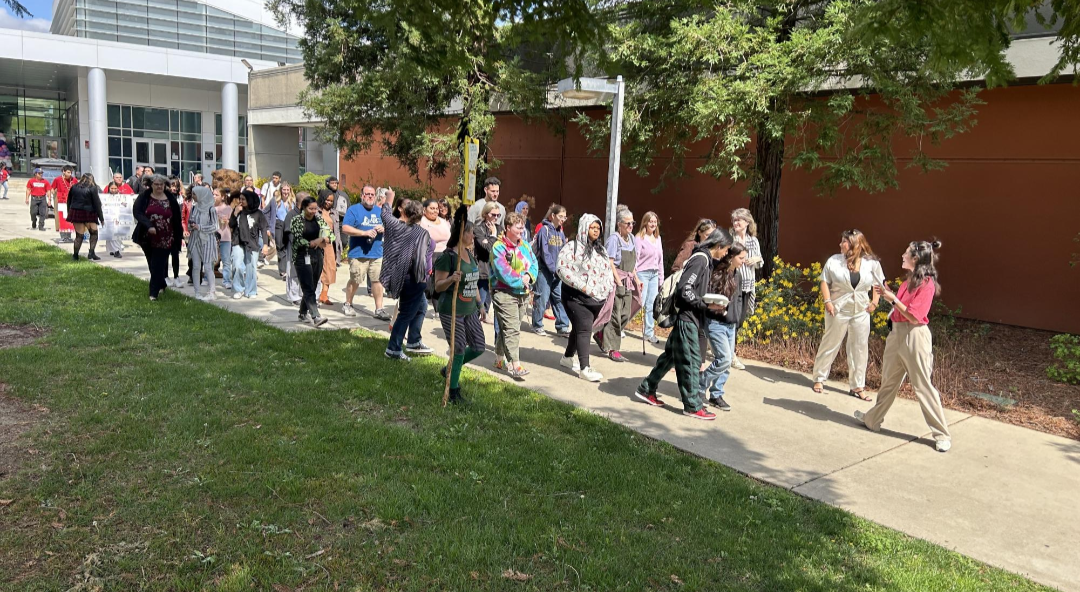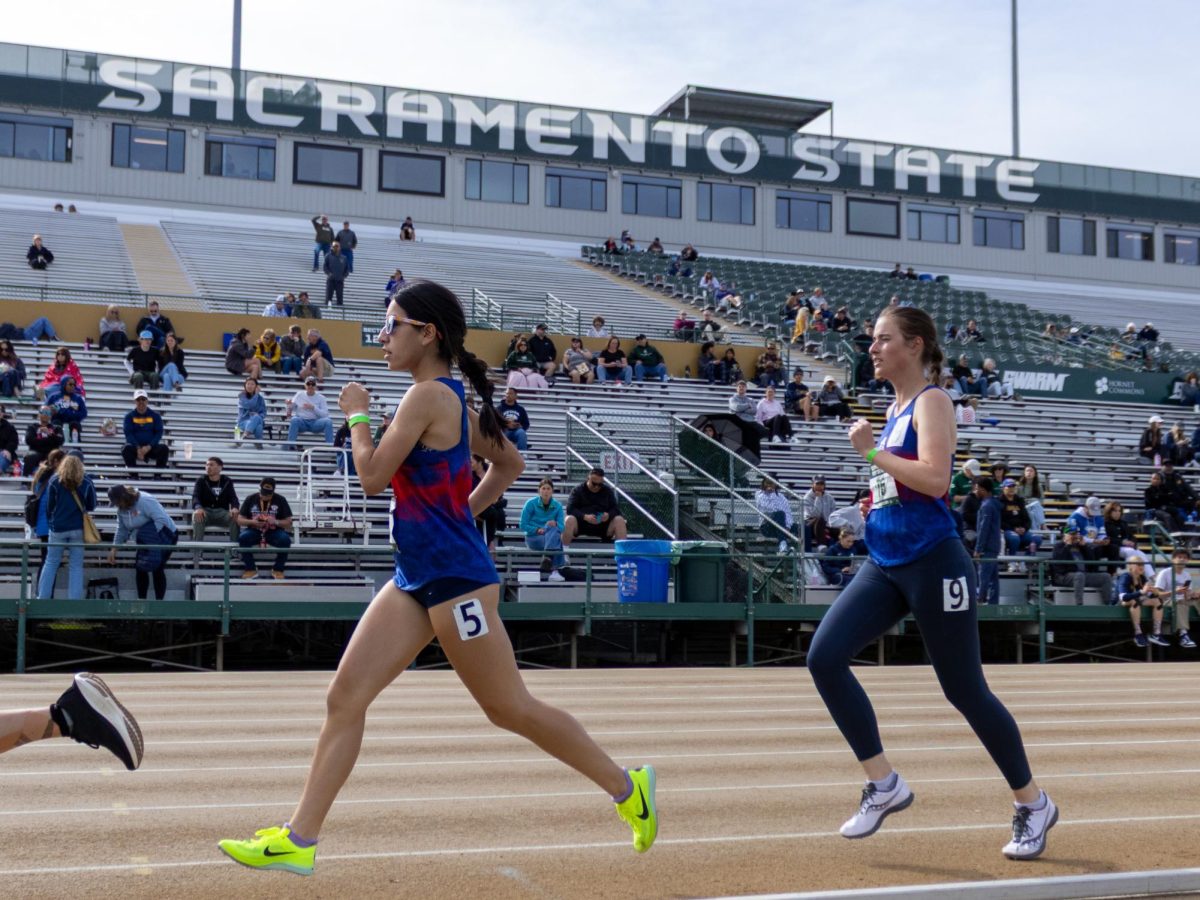In 2013 Edward Snowden became one of the most loved and hated men in America when he copied thousands of classified government documents and exposed numerous global surveillance programs. He claims he did it to serve public interest.
He skyped with nearly two thousand journalism students at the national Associate Collegiate Press (ACP) convention in the Grand Hyatt hotel in D.C. on Saturday.
A presentation given by Snowden costs anywhere from ten thousand to fifteen thousand dollars. Snowden gave this presentation pro bono.
All of the seats in the Grand Ballroom of the hotel, where the live video was streamed, were taken. Students sat on the ground in front of the projector and stood along the walls to hear the whistle blower speak.
His speech surrounded his views on serving the public and the public’s right to know the same information the government does.
“If we only knew what the government told us … we wouldn’t know very much at all,” Snowden said.
Snowden addressed the importance and power that journalists have being gatekeepers to information.
“Journalists are the ones who are constitutionally charged within our society of making those judgements of deciding when, where, and how to contest the government’s monopoly control on executive information,” Snowden said.
He stressed the importance of relationships between journalists and whistleblowers that are vital for informing the public.
“We (whistleblowers) are forced to rely on what I call the security safeguard last resort,” Snowden said. “That’s you, the fourth estate, our press in alliance with whistleblowers, the most impactful class of journalistic sources.”
He was not shy to give his views on what he called the government protecting their ‘political orthodoxy’’ and doing what is best for their reputation.
“Whatever the time, whatever the place that principal always seems to say the same; protect the integrity, protect the reputation of the institution first above all,” Snowden said.
Even though Snowden said the government has “monopoly control,” he made sure to address the opposing side’s argument(s).
“They [the government] can say we can’t execute our policies without the trust and faith of the population. But if they are taking advantage of the ignorance or … deception as sort of leverage of influence they’re beginning to violate sort of the mandate … the foundational contract between public and government.”
Beyond just making a point to address what control the government has, there was talk about what we can do as members of society.
“I believe it becomes incumbent upon us, upon all of us,” Snowden said. “Not just journalists but everyone in universities, everyone in society, to develop new means of enforcing human rights methods.”
“The leverage that we need to make these changes are not as radical and many people might believe,” Snowden said, “This is not to radicalize you this is to bring you to a larger more global truth, that is why it is so important to find a truth most specifically about the institutions that yield the most power in society. This is not an American problem this is a global problem.”
Snowden continued and gave the audience members advice on how to act on these aforesaid problems.
“What we’re doing in this we’re not showing up … saying they can’t do their jobs. I don’t say we should shut down the NSA I don’t say let’s put the police out of business that is not my argument. My argument is that we need to make surveillance expensive again as it used to be.”


